Donor-Advised Funds vs. Private Foundations: Which is the Best Option for Your Philanthropic Goals?
Table of Contents
Donor-Advised Funds vs. Private Foundations
Are you looking for ways to maximize the impact of your charitable giving? You may consider establishing a donor-advised fund (DAF) or a private foundation. Both options offer tax benefits and the ability to support causes you care about, but they also have significant differences that can impact your philanthropic goals. In this article, we’ll explore the advantages and potential drawbacks of DAFs and private foundations and help you determine which option is best for you.

What is a Donor-Advised Fund?
A donor-advised fund is a type of charitable giving account that allows the donor to recommend grants to public charities in a simple, flexible way. The donor appoints a fund advisor (which could be the donor) and that advisor recommends grants to qualified public charities. While the donor has advisory privileges over the distribution of funds from the account, the sponsoring organization (the institution that holds the Fund) has ultimate control over the funds.
Donors can contribute cash, securities, and other assets to a DAF, and receive an immediate tax deduction for their contribution. They can also continue to contribute to the Fund and grant as frequently as they like.
Advantages of Donor-Advised Funds
- Simplicity and Ease of Use: Setting up a DAF is generally a quick and easy process, with low administrative costs. Once established, donors can make recommendations for grants at any time.
- Flexibility: Donors can recommend grants to any qualified charitable organization if it is not a private foundation. They can also choose to donate anonymously if desired.
- Tax Benefits: Donors can receive an immediate tax deduction for contributions to a DAF and avoid capital gains taxes on appreciated assets donated to the fund.
- Investment Options: Many DAF providers offer donors a range of investment options for their DAF, which can help to grow the fund’s assets over time, allowing for even more investment into the community.
- Family Philanthropy: Some DAF sponsors, like community foundations, provide donors the option to identify successors to carry out family philanthropy across generations.
Drawbacks of Donor-Advised Funds
- Limited Control: Donors do not have direct control over the funds in a DAF and cannot use them for personal purposes or benefit their family members or businesses.
- Restrictions on Grantmaking: Donors can make grants to qualified charitable, religious, and public sector organizations. The funds cannot be used for political or lobbying purposes, which is the same for private foundations.
What is a Private Foundation?
A private foundation is a type of nonprofit organization created by an individual, family, or corporation and funded with their own assets. Private foundations must distribute at least 5% of their assets to qualified charitable organizations each year and are subject to strict rules and regulations regarding investment, grantmaking, and governance. Private foundations can be established as a trust or a corporation and must file an annual tax return with the IRS.
Advantages of Private Foundations
- Family Involvement: Private foundations offer the ability to hire family members, including yourself, to assist in the administration of the family foundation.
- Legacy Planning: Private foundations offer donors options for legacy planning and can provide a lasting philanthropic legacy.
- Investment Control: Private foundations offer donors more control over the investment strategy, and can invest in a wider range of assets, including real estate and private equity.
Drawbacks of Private Foundations
- Higher Costs and Administrative Burdens: Establishing and operating a private foundation can be expensive and time-consuming. In comparison, the administrative burden of a DAF is taken care of by the financial institution that holds your DAF – not the donor.
- Increased Regulatory Oversight: Private foundations are subject to greater regulatory oversight than DAFs, which can result in additional administrative and legal costs.
- Limited Flexibility: Private foundations must adhere to strict rules and regulations regarding grantmaking, investments, and governance, which can limit their flexibility in pursuing philanthropic goals.
Which is the Best Option for Your Philanthropic Goals?

Both donor-advised funds and private foundations offer significant benefits and drawbacks. Choosing the right option depends on your philanthropic goals, financial resources, and desired level of involvement and control. If you’re looking for a simpler, more flexible option with lower costs and greater ease of use, a DAF may be the right choice for you. On the other hand, if you’re looking for greater control, want to engage family on staff, and have substantial assets, a private foundation may be the better option.
It is important to work with a reputable financial advisor or philanthropic expert to help you navigate the complexities of charitable giving and ensure that your giving is aligned with your values and goals. By taking the time to carefully consider your options and seek expert guidance, you can make a meaningful difference in the world and leave a lasting philanthropic legacy.
Is Central Florida Foundation Able to Help?
Whichever option appeals to you, connecting with Central Florida Foundation is a great first step. We work with both DAF Fundholders and partner with private foundations to help achieve philanthropic goals. The Foundation can aid and provide services, whatever your choice of philanthropic instrument.
If you are considering establishing a donor-advised fund or would like to explore your options, you can speak with our expert team to learn more. We will work with you and your advisors to identify the best approach and ensure that you can maximize your impact and align with your personal goals.
Additional Reading
Start the Conversation

Neil Rios Laverde | Philanthropic Relationship Manager
